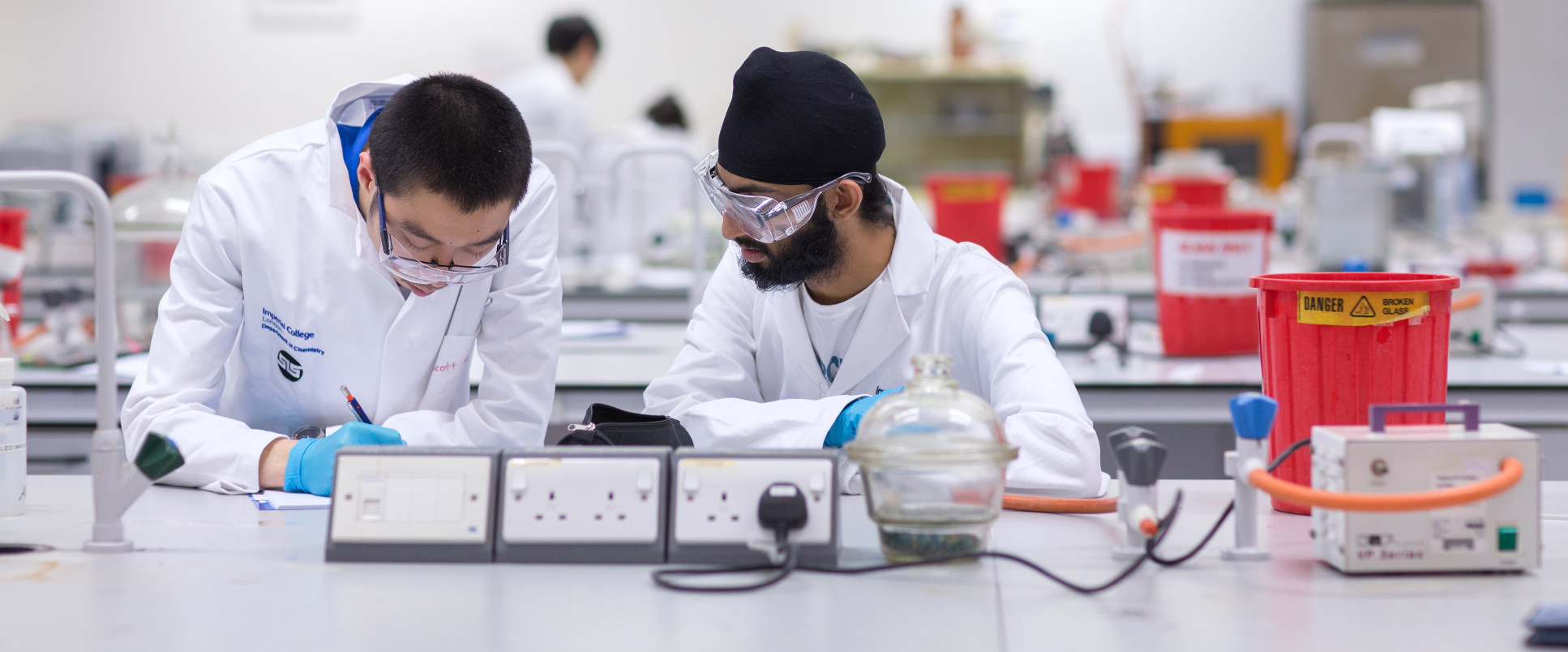
Practicals are more about learning than teaching - they give you an opportunity to apply the information you have learned and discussed in lectures and tutorials. Labs are hands on, you will learn and apply new practical skills and there are plenty of opportunities to ask questions and get support when you need it.
Tabbed information block
Labs and practicals reinforce your learning by providing you with an opportunity to test, discover and apply theories and knowledge in your field. To make the most of your time, you should make sure you have done all the required pre-reading and attended or viewed any precursor lectures.
When preparing for a lab or practical think about the following things:
- Are you adequtely prepared, do you need to do more reading or re-watch any lectures?
- How does the lab or practical fit with other topics you've studied?
- Do you have any questions you would like to ask or be answered?
- What can you expect to learn, or better understand?
- Do I have all the equipment I need? (For example, a lab coat)
During your lab or practical, make sure to listen to all instructions from a lecturer, technician or GTA. Pay particular attention to the safety of yourself and others.
It is likely that you will have a set list of tasks to complete, but you might need to work out some of the steps yourself. You won't be alone though, and make sure to discuss your work with your peers and to ask lecturers and GTAs any questions you might have.
As well as recording the experiment you will likely be required to write down any observations and thoughts that you have during the session. Doing this is likely to be a significant help afterwards when you need to write up your lab or complete any associated problem sheets.
Many labs and practicals will require you to "write-up" your observations and discoveries afterwards. This might require further theoretical work or problem sheets, often building on the notes and observations you have already made.
Don't forget to use any support availible - this includes your peers, GTAs and lecturers. If you're finding a particular topic challenging, think about forming a study group. Completing any additional work as soon as you can after the session will make it easier for you to recall information.
Next Page
Asking questions